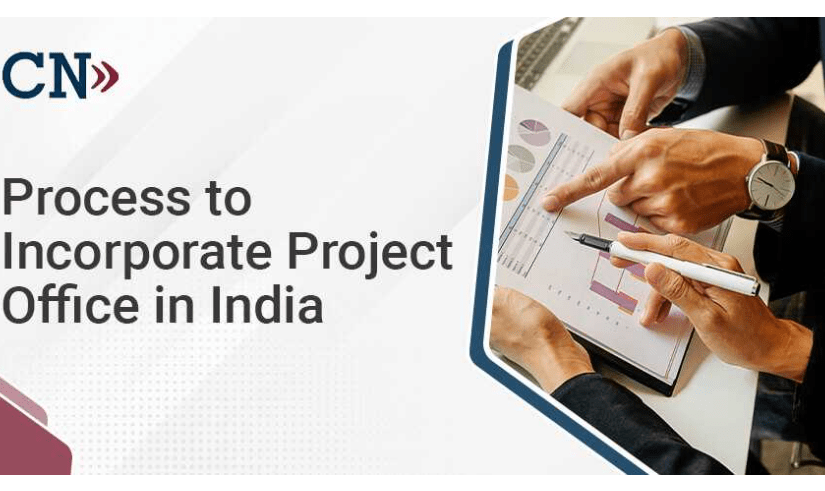Setting up a project office in India can be a strategic move for businesses aiming to execute specific projects or contracts within the country. Whether you’re a foreign company or an Indian entity, understanding the step-by-step process to incorporate a project office is essential. Let’s delve into the process to incorporate a project office in India, covering all the necessary steps:
Step 1: Understanding Legal Requirements
Before initiating the process, it’s crucial to comprehend the legal requirements governing the establishment of project offices in India. Familiarize yourself with the Foreign Exchange Management Act (FEMA) regulations and guidelines issued by the Reserve Bank of India (RBI) regarding project office setups.
Step 2: Obtaining Necessary Approvals
Depending on the nature and scope of your project, you may need to obtain approvals from regulatory authorities such as the RBI or sector-specific bodies. Ensure compliance with all prerequisites and adhere to the guidelines stipulated by the respective authorities.
Step 3: Selecting a Location
Choose a suitable location for your project office based on factors such as proximity to clients, availability of infrastructure, and ease of doing business. Major metropolitan cities like Mumbai, Delhi, Bangalore, and Chennai are often preferred choices for setting up project offices due to their conducive business environments.
Step 4: Registering Your Project Office
Formalize the establishment of your project office by registering with the Registrar of Companies (RoC) under the provisions of the Companies Act, 2013. Prepare and submit the necessary documents, including the incorporation application, memorandum of association, articles of association, and proof of address for the registered office.
Step 5: Securing PAN and TAN
Apply for a Permanent Account Number (PAN) and Tax Deduction and Collection Account Number (TAN) from the Income Tax Department. These identification numbers are essential for tax compliance and financial transactions conducted by your project office in India.
Step 6: Opening a Bank Account
Open a bank account in the name of your project office with a designated bank in India. Ensure compliance with FEMA regulations regarding foreign currency transactions and fund repatriation to and from India.
Step 7: Complying with Tax Obligations
Understand and fulfill your tax obligations in India, including corporate tax, Goods and Services Tax (GST), and withholding tax on payments made to vendors and contractors. Maintain accurate accounting records and file tax returns in a timely manner to avoid penalties.
Step 8: Hiring Local Talent
Recruit skilled professionals to manage the day-to-day operations of your project office. Invest in training programs to familiarize your team with local regulations, cultural nuances, and industry best practices, ensuring seamless operations.
Step 9: Establishing Communication Channels
Establish effective communication channels with stakeholders, clients, and regulatory authorities to facilitate smooth coordination and project management. Utilize digital tools and technology platforms for efficient collaboration and information exchange.
Step 10: Ensuring Compliance and Governance
Stay updated on regulatory changes and compliance requirements relevant to your project office’s operations in India. Implement robust governance mechanisms and internal controls to mitigate risks and maintain transparency and accountability.
By following this comprehensive guide, you can navigate the process to incorporate a project office in India smoothly and efficiently. Remember to seek professional advice and assistance whenever necessary to ensure compliance with all legal and regulatory requirements.
